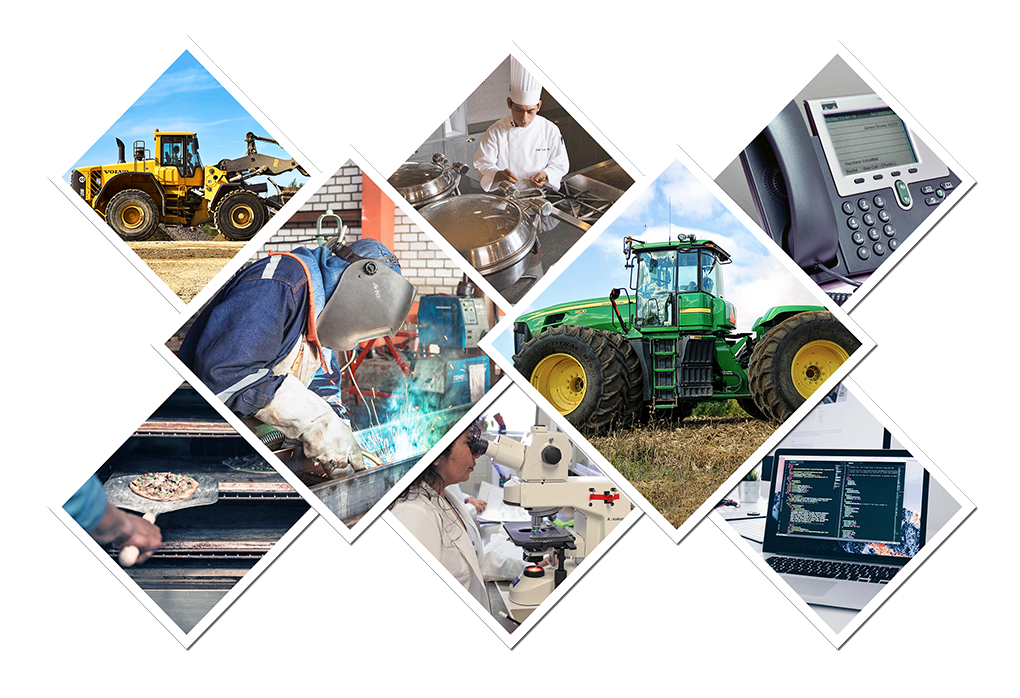Equipment Leasing
While the appeal of owning your equipment is often strong, leasing can free up significant capital for small business owners. Leasing capital equipment frees up cash for other financial needs of growing companies. Maybe you’re looking to expand, but can’t afford to buy new equipment.
Advantages of Lease
Fixed interest
Tax benefits
Low initial investment
Effective use of the company’s capital
Convenience
Time saver
No asset obsolescence burden
Almost Any Type of Equipment Can Be Leased
Manufacturing and Production Equipment
Construction Equipment (cranes, tractors, forklifts)
Energy Equipment, HVAC, and Lighting
Machinery and Equipment
Transportation Equipment (trailers, delivery vehicles)
Restaurant Equipment, Furniture and Fixtures
Medical Equipment and Computer Systems
What is a Sale/Leaseback?
In a sale/leaseback transaction, the owner of an asset sells it to someone else, usually a finance company, then immediately leases the asset back from the buyer.
Is a Sale/Leaseback Right for You?
The advantage of a sale/leaseback is that it allows the owner of an asset to free up cash/capital. As with a regular lease, a sale/leaseback gives you the ability to purchase equipment your business needs without using up your cash or line of credit.
The equipment needn’t move an inch during the process.
A sale/leaseback can improve your balance sheet. By selling the asset, you put cash back into your company and instead have smaller recurring monthly payments over the course of the lease. This can benefit your cash flow and keep your other lines of credit open for inventory and other uses.
Disadvantage of Sale/Leaseback
The only real disadvantage of a sale/leaseback is that you don’t own the asset until you buy it out at the end of the lease. It’s a temporary disadvantage and a minor one because you still have the benefit of using the asset.

